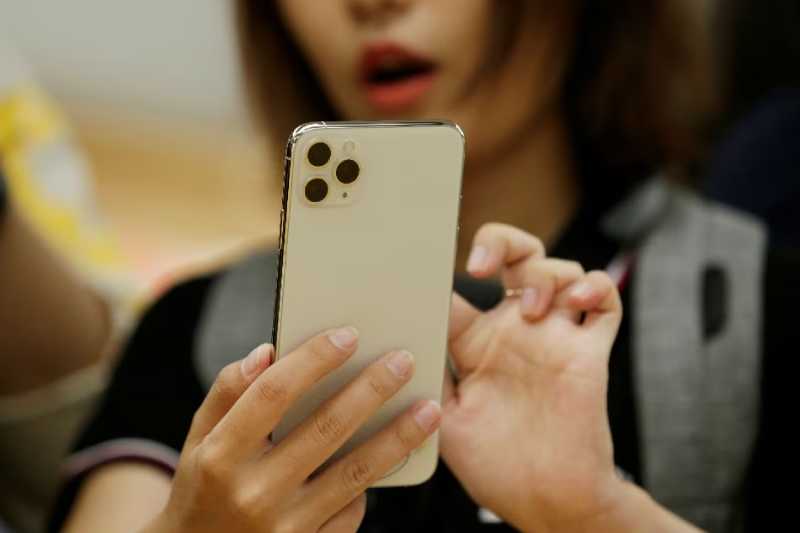The UK’s communications regulator, Ofcom, claims that the typical British person checks their phone once every twelve minutes. It’s typically the last thing we do at night and the first thing we do in the morning for most of us. It’s a persistent, bothersome compulsion that’s fueled by brain chemicals.
This type of behavior is typically attributed to one single molecule: dopamine. The neurotransmitter’s involvement in the brain’s reward system has earned it the moniker “feel-good” molecule.
However, the anticipation of something pleasurable also triggers dopamine receptors in the brain, so it’s not only about pleasure.
Social media apps and mobile games are made to keep you feeling that way.
At Stanford University, Anna Lembke teaches behavioral sciences and psychiatry. According to her, billions of users of smartphones are given an infinite supply of “digital dopamine” via them, much like a hypodermic needle.
“Digital media activates the same part of our brains as drugs and alcohol, releasing dopamine,” says Lembke. “With repeated use, our brains adapt by downregulating dopamine transmission.” Which they can do by shrinking their dopamine receptors.
“With enough ongoing exposure, our brains enter a dopamine deficit state, characterised by depression, anxiety, insomnia, irritability and craving. Once that happens, we’re reaching for digital media, not as a tool to accomplish a specific task… but to get out of the dopamine deficit state and stop feeling bad.”
There is a lot of discussion surrounding behavioral addictions, such as obsessive social media use. Some people disagree that talking about them on the same level as substance misuse because, although using digital media causes dopamine to be released, it does so in far less levels than when using cocaine or methamphetamines.
Dopamine fasting is one concept you might have heard about—ironically, on TikTok or Instagram.
It’s a type of cognitive behavioral therapy or meditation, where the goal is to modify behavior and reduce obsessive cravings. The concept involves purposefully disconnecting yourself from sources of excessive stimulation, including social media, for a brief period of time.
Proponents assert that by abstaining for a short while, individuals can cultivate a healthy connection with technology and interact more effectively with the things they genuinely enjoy. But detractors point out that there isn’t much data to back up the assertions.
Nevertheless, scientists studying compulsive social media use frequently concur that a digital detox might be beneficial.
Nottingham Trent University psychologist and psychiatrist Daria Kuss adds, “I’m a strong advocate of social media fasting.” “Resetting behaviors over the course of a weekend could potentially break the habit of using social media regularly.”
According to Kuss, “my research demonstrates that spending time with friends and family offline, away from social media, generates positive emotions, strengthens bonding experiences, and feelings of connection.” “So, going out for coffee with a friend rather than messaging them on Messenger might be a more enjoyable experience.”

 Diabetology2 weeks ago
Diabetology2 weeks ago
 Diabetology2 weeks ago
Diabetology2 weeks ago
 Diabetology1 week ago
Diabetology1 week ago
 Diabetology1 week ago
Diabetology1 week ago
 Diabetology1 week ago
Diabetology1 week ago
 Diabetology2 weeks ago
Diabetology2 weeks ago
 Diabetology1 week ago
Diabetology1 week ago
 Diabetology2 weeks ago
Diabetology2 weeks ago


















